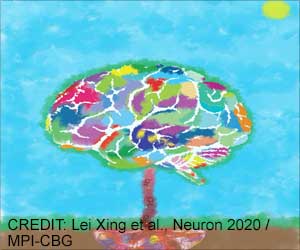
‘The genetic loci associated with asthma are enriched in epigenetic marks characterizing gene enhancers.’





Asthma is a chronic inflammatory disease that affects more than 300 million people worldwide including 10 to 20 percent of children. It has a significant socio-economic impact. Asthma is characterized by clinical heterogeneity. Asthma results from both genetic predisposition and exposure to environmental and lifestyle factors. The TAGC study brought together more than 45 research groups from Europe, North America, Mexico, Australia and Japan. It allowed pooling data on millions of DNA polymorphisms (genetic variants) throughout the genome in more than 142,000 asthmatic and non-asthmatic subjects of European, African, Latino and Japanese ancestry. Meta-analyses of genome-wide association studies conducted in these ethnically-diverse populations identified a total of 878 genetic variants belonging to 18 loci associated with asthma risk.
The TAGC study showed that genetic variants associated with asthma are preferentially located near epigenetic markers in immune cells, suggesting a role of these variants in the regulation of immunologically related mechanisms.
Another key element concerns the involvement of several identified candidate genes in the immune response to viruses, thus highlighting the importance of viral infections in the risk of asthma.
The genetic variants associated with asthma have also effects on autoimmune diseases and other diseases with an inflammatory component such as cardiovascular diseases, cancers, neuro-psychiatric diseases, which strengthens the importance of pleiotropy in multifactorial diseases.
Advertisement
Advertisement









